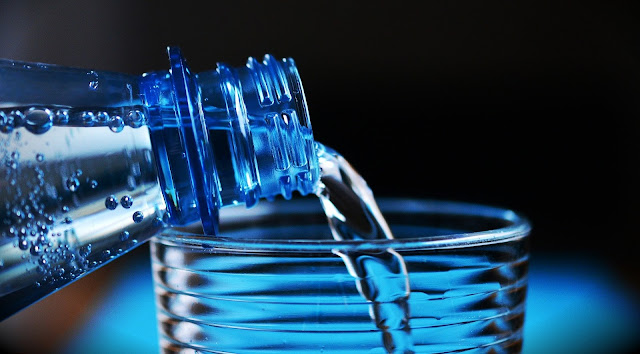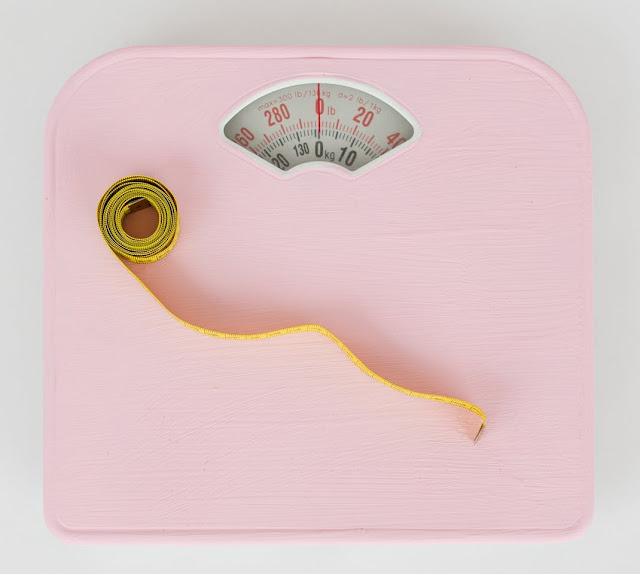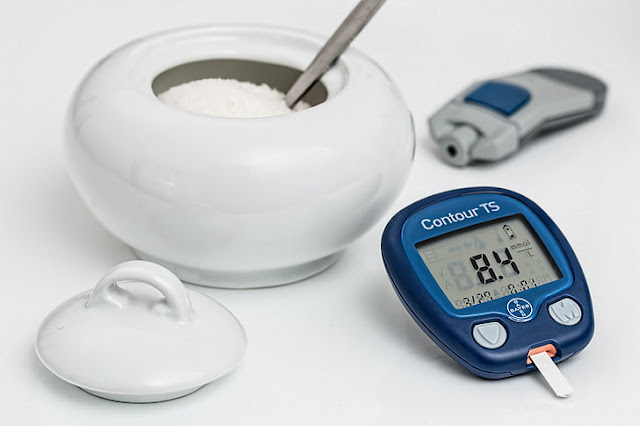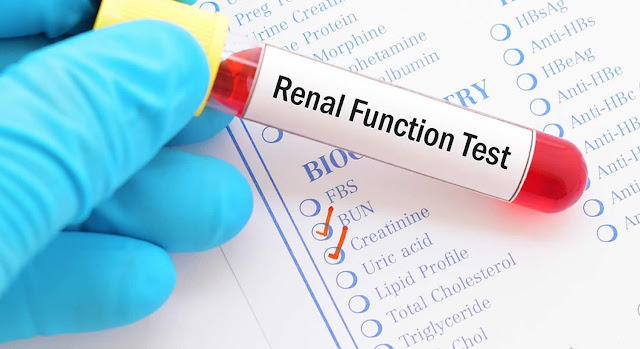Kidney disease is a significant public health issue. Kidney disease is frequently overlooked until it has progressed to an advanced stage. Unfortunately, this is when dialysis or a transplant are required.
The aim is to detect renal illness before it becomes a problem. Regular testing is necessary for everyone, but it is especially critical for those who are at risk.
Get to Know These Facts
Healthy Kidneys perform the following six tasks:
- Keep your body's fluid balance in check.
- Release a hormone that controls blood pressure by filtering wastes and poisons from the circulation.
- Vitamin D should be activated to keep your bones healthy.
- Release the hormone that controls red blood cell formation.
- Maintain a healthy mineral balance in the blood (sodium, phosphorus, potassium)
Kidney Disease can cause the following eight issues:
- Coronary artery disease
- Stroke and heart attack
- Blood pressure that is too high
- Put your life in danger
- Weak bones
- Damage to the nerves (neuropathy)
- Failure of the kidneys (end-stage kidney disease, or ESRD)
- Anaemia, or a reduced red blood cell count, is a condition in which the body's red
Learn about kidney disease, your risk, and how to prevent it by following these eight steps.
1. Keep Yourself Hydrated
Drinking plenty of water is the first and most crucial suggestion. Drinking at least 10 to 12 glasses of water each day, or two and a half to three litres of fluid in a 24-hour period is recommended. Warm water is very beneficial to the kidneys since it aids in the removal of numerous toxins, salt, and other uremic products from the body, as well as maintaining homeostasis and proper physiological balance.
 |
| Drink plenty of water |
2. Limit Your Salt Intake
The next stage is to eat a salt-restricted diet or a low-sodium diet in general. Avoid eating packaged or restaurant foods, and don't add any additional salt to your diet. Try to limit your salt intake to fewer than 5 grammes each day. Excessive salt consumption raises the chance of developing hypertension-related renal problems as well as the risk of certain kidney diseases regressing.
 |
| Limit your salt intake |
3. High Body Weight can Harm Your Kidneys
The third phase is to maintain healthy body weight, with a BMI of less than 24 as a goal. If you are overweight or obese, the load that must be filtered by your kidneys rises, which might lead to kidney damage in the future. Make an effort to have your blood cholesterol levels monitored and maintained. Because if cholesterol deposits in the renal arteries, the kidneys will be further damaged, leading to kidney disease progression.
 |
| Maintain overweight or obese |
4. Maintain a Close Check on Your Blood Sugar
The next stage is to keep an eye on your blood sugar levels and strive to keep them under control. HbA1c levels of less than 6, fasting blood sugar levels of less than 100, and postprandial or near-post meal blood sugar levels of less than 200 are all considered ideal. Damage is particularly frequent in diabetics, and it begins with proteinuria or protein leakage, which leads to an increase in serum creatinine levels, hastening the onset of diabetic kidney problems. So stay away from anything sugary. Avoid adding sugar to your products, and if you have diabetes, see a doctor. Take your medications, such as oral hypoglycemic agents or insulin, as prescribed by your doctor, and monitor your blood sugar levels on a regular basis.
 |
| Check on your blood sugar levels |
5. Maintain Track of Your Blood Pressure
The next step is to maintain your blood pressure under control by monitoring it. In kidney problems, hypertension is now both the victim and the villain. As a result, if your blood pressure is excessive, the renal disease can develop quickly. The truth is that if you have chronic kidney disease, you can develop hypertension as well. So keep a healthy lifestyle balanced and your blood pressure under control by limiting salt in your diet. If you have hypertension, you should follow your doctor's instructions and have your blood pressure checked on a regular basis. Blood pressures less than 120 by 80 mmHg would be the goal.
 |
| Check blood pressure on a regular basis |
6. Tests on Kidney Function
The next step is to have your kidney function tests, urine analysis, and imaging examinations of the kidney done on a regular basis, including an ultrasound KUB. If you are a high-risk patient, such as a diabetic, hypertensive, or a patient with coronary artery disease, metabolic bone disease, or obesity. If you have a family history of these disorders, or if you have a family history of renal diseases, you should get checked even more frequently. Get these tests done, and if there are any abnormalities, see a nephrologist to prevent kidney disease from progressing further.
 |
| Kidney function tests done on regular basis |
7. Give Up Smoking
Smoking cessation would be the next step. Smoking is another easily avoidable and controllable risk factor. Everyone is aware that smoking raises the risk of coronary artery disease, strokes, hypertension, and diabetic complications. Few individuals realise, however, that smoking even one cigarette per day might cause renal disease to worsen. As a result, if you smoke and have renal disease, your chances of advancement increase dramatically. Smoking should be avoided at all costs for anyone with a renal illness. Maintain a healthy, active lifestyle by exercising for 45 minutes five days a week. Jogging, cycling, swimming, and a variety of racquet sports are all examples of moderate activities. If you have a sedentary lifestyle, try moving around in your office or going for a walk after lunch. All of this raises the risk of obesity and metabolic syndrome, both of which increase the risk of kidney disease.
 |
| Avoid smoking |
8. Use of any Painkillers that aren't Essential
Avoiding the use of painkillers or other alternative medications is one of the most significant tips. We know that most individuals, when they have even a minor headache, run to a corner store and buy various painkillers such as Ibuprofen, Combiflam, and Indomethacin. All of these medications are bad for the kidneys, and boron is widely used by patients nowadays. Chronic kidney disease, particularly chronic to low interstitial problems, has been linked to the use of these medications. Get your kidney function tests and urine analysis done if you've taken these painkillers. Paracetamol, Tramadol, and Ultracet are all somewhat kidney-friendly pain relievers. Maintain a healthy lifestyle by getting an eight-hour night's sleep.
 |
| Avoiding the use of painkillers |


No comments:
Post a Comment